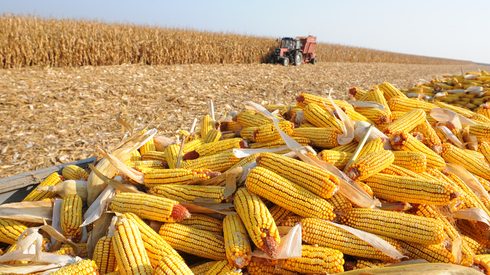Turkey has reason to be cautious and should hope for rain in March and April if grain production is to be maintained in the country, an international conference in Dubai heard on Thursday, February 20. The warning came from the general manager of the Turkish Grain Board (TMO), Ahmet Güldal, speaking at the Intercontinental Commodity Exchange (ICE) conference.
Güldal added, however, that the state-backed TMO could maintain supply from its wheat stocks in the case of a drought, and there may even be enough for an export surplus.
He also said that the current strategy of the TMO was to sell its inventory at reasonable market prices.
In terms of wheat exports, Güldal told delegates that TMO had opened its durum stocks for export, reversing an earlier position that meant the export of durum was only possible within official export tenders.
While he did not comment on what the current durum stock levels were, trade sources that spoke to Fastmarkets estimated that there were likely to be around 1.5-2.0 million tonnes.
“We can say comfortably that there will be wheat allocated for exports, “ he said.
Currently, the country is maintaining a wheat import ban, to be in force until May, with the policy allowing the trade to import 25% of their needs if they take the remaining 75% from TMO’s stocks.
Also, starting from the current month, TMO changed its policy to sell wheat only to domestic users, such as bread, animal feed and pasta industries, but not to traders.
Sources in the market had expected that the agency would announce a relaxation of its import policy at the Turkish millers’ congress, held on February 14 in Antalya, with many expecting a reduction to a 50:50 ratio, but ultimately no such announcement was made.
Still, sector sources said that, depending on the weather in the next few months, the decision to change the ratio could be implemented, and if drought became a reality, then the import ban would likely be relaxed or even rescinded.
Turkey has produced 20.8 million tonnes of wheat so far this year, including durum, down by 5.5% compared with last year’s crop.
Meanwhile, domestic stocks have been good, given the country’s record wheat imports of 12.4 million tonnes in the 2022-23 marketing year and 8.9 million tonnes in 2023-24 .
View our wheat prices





